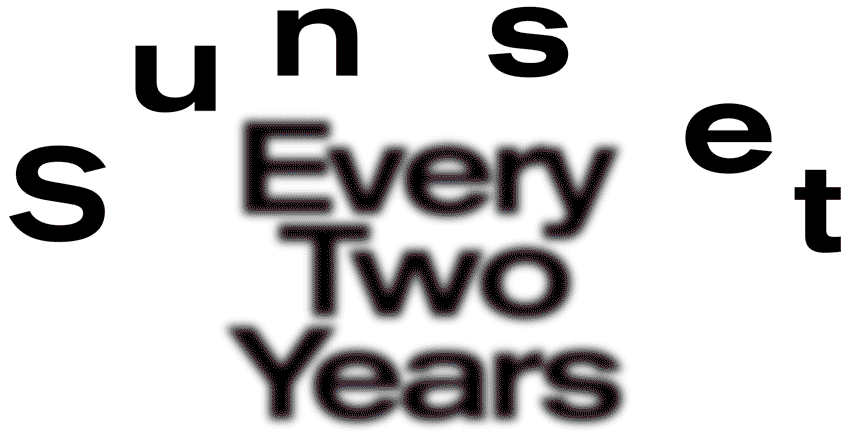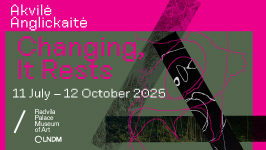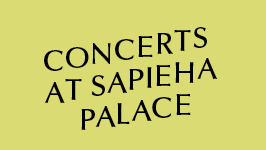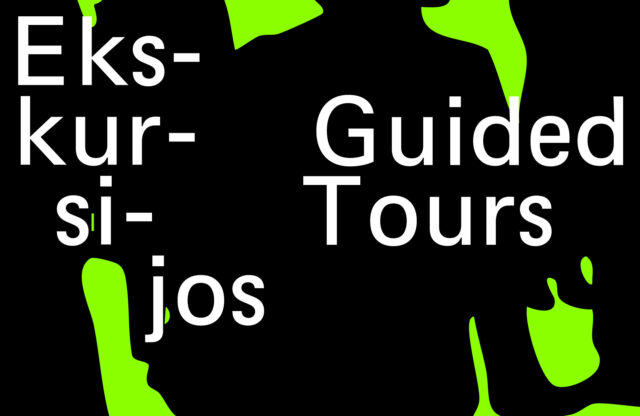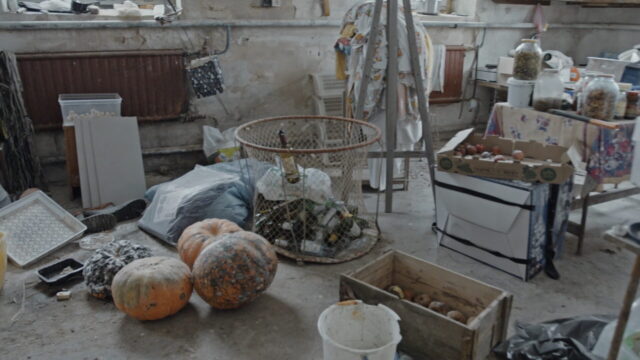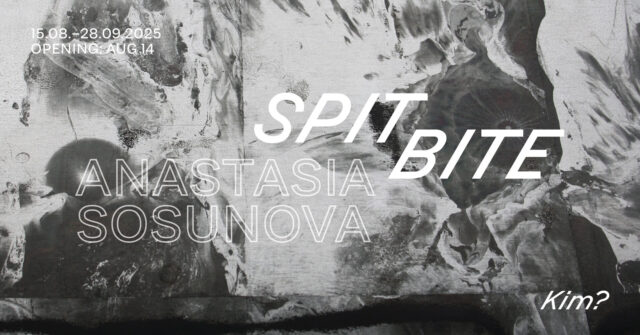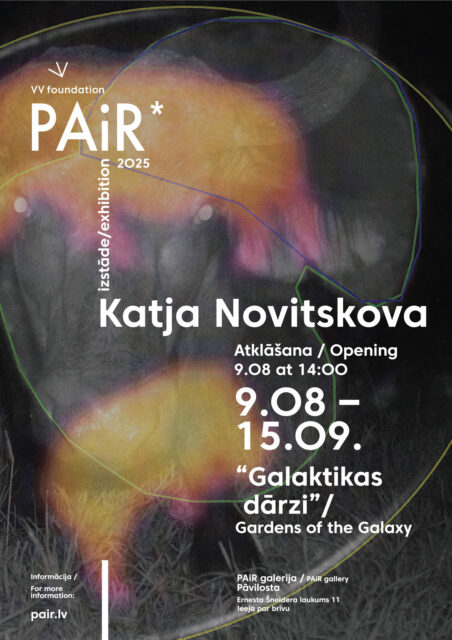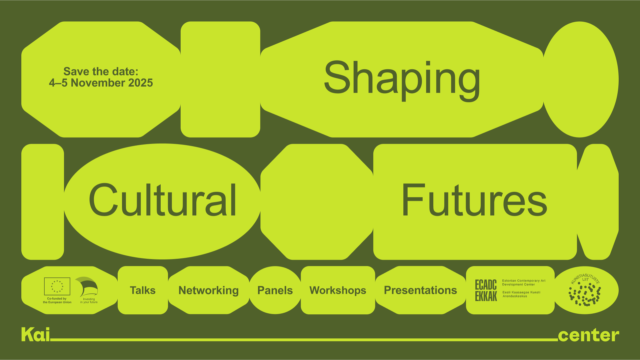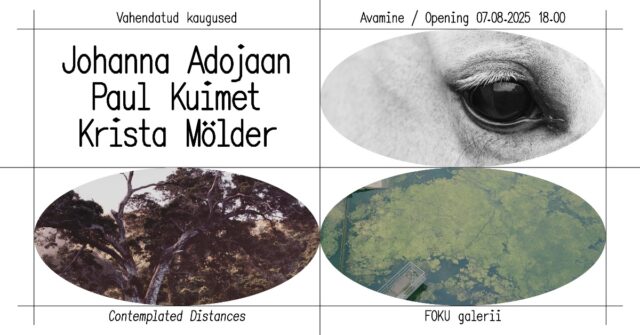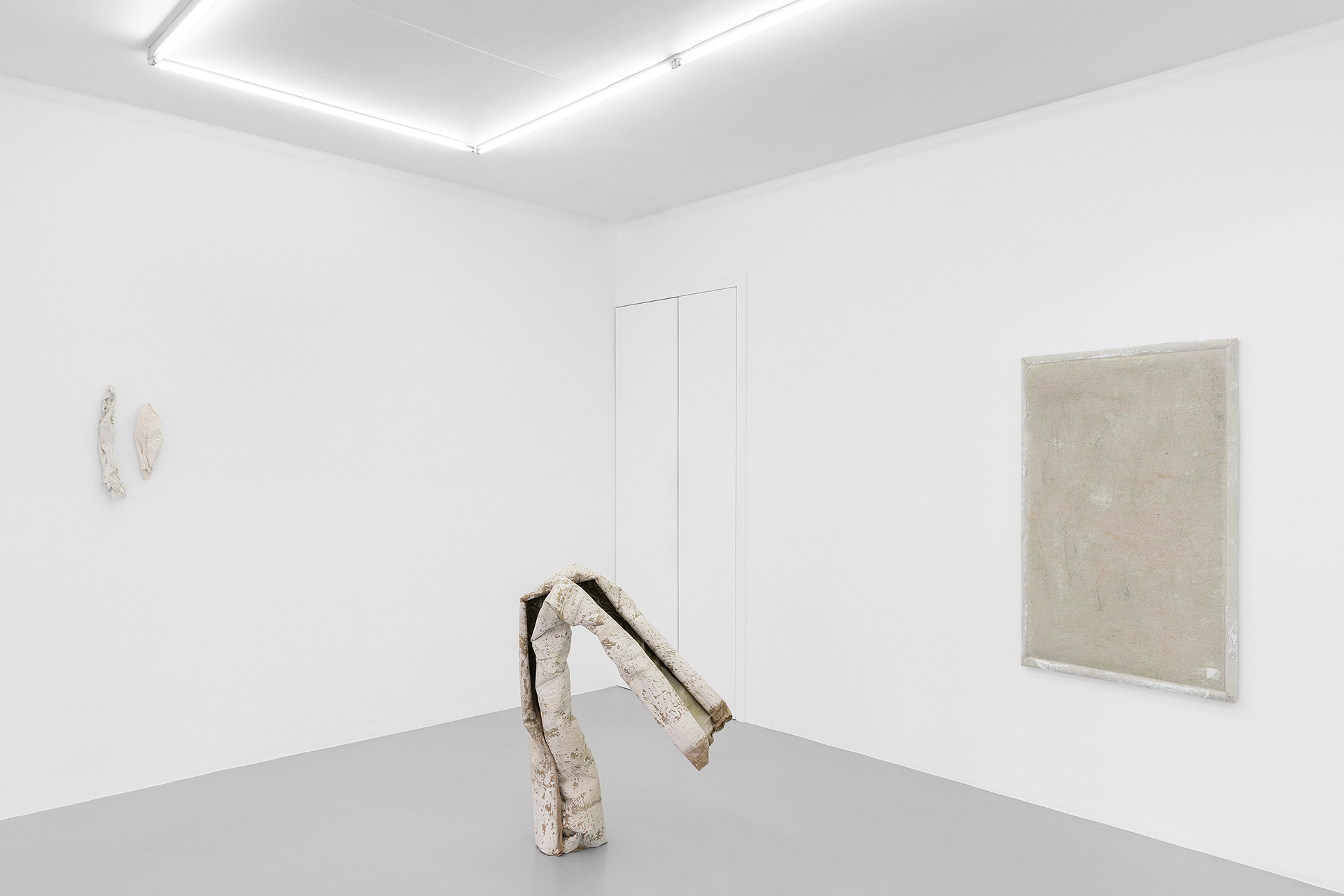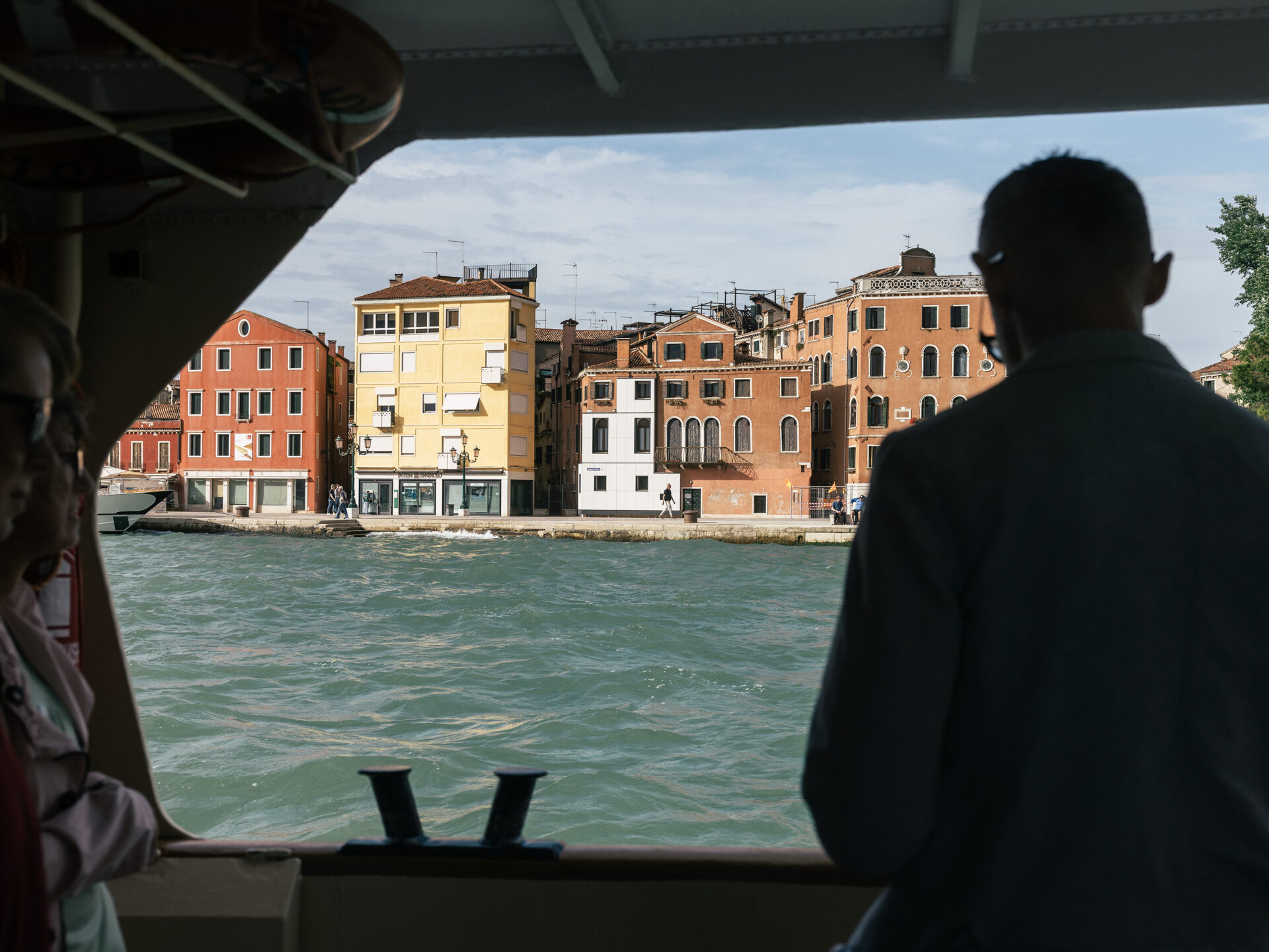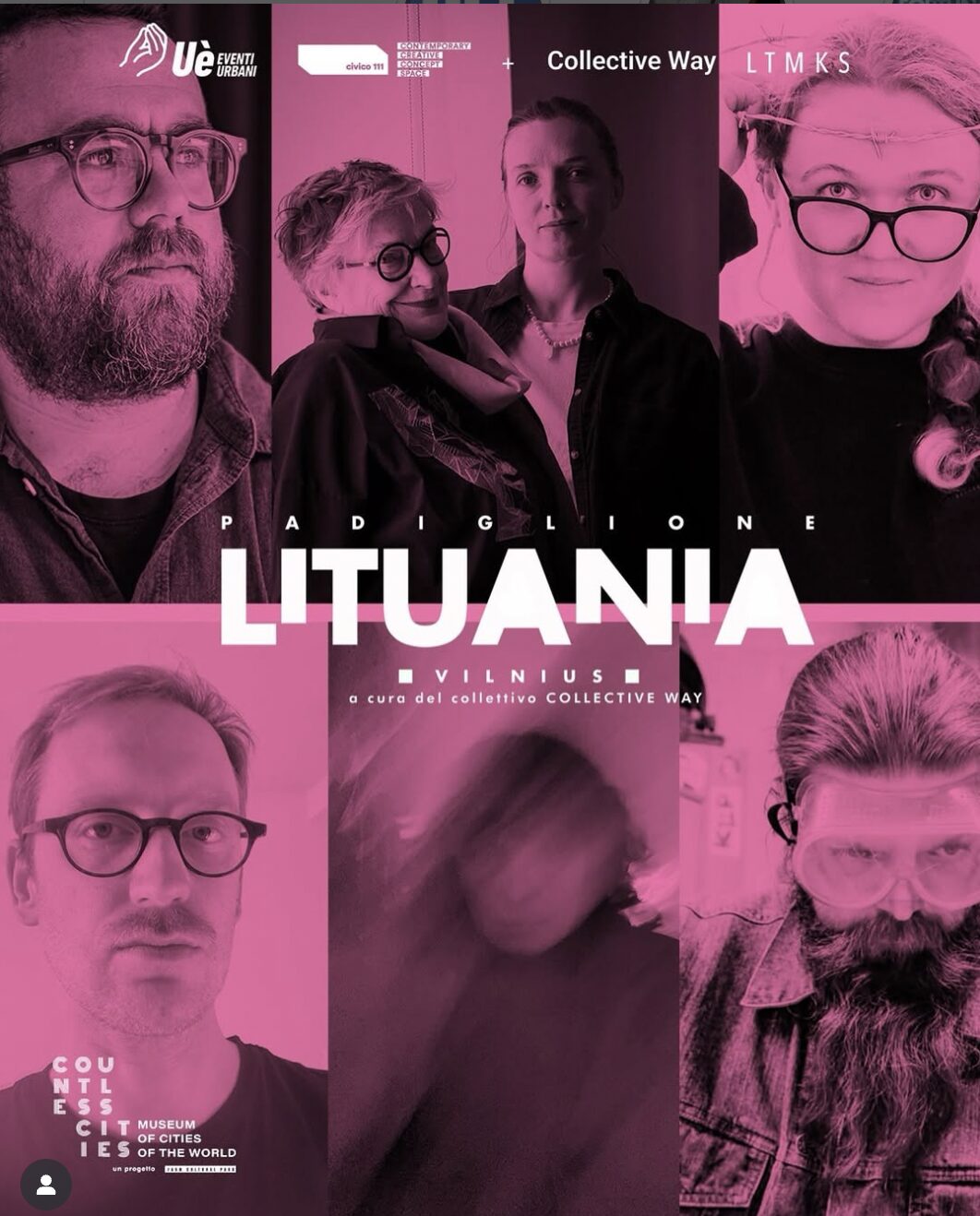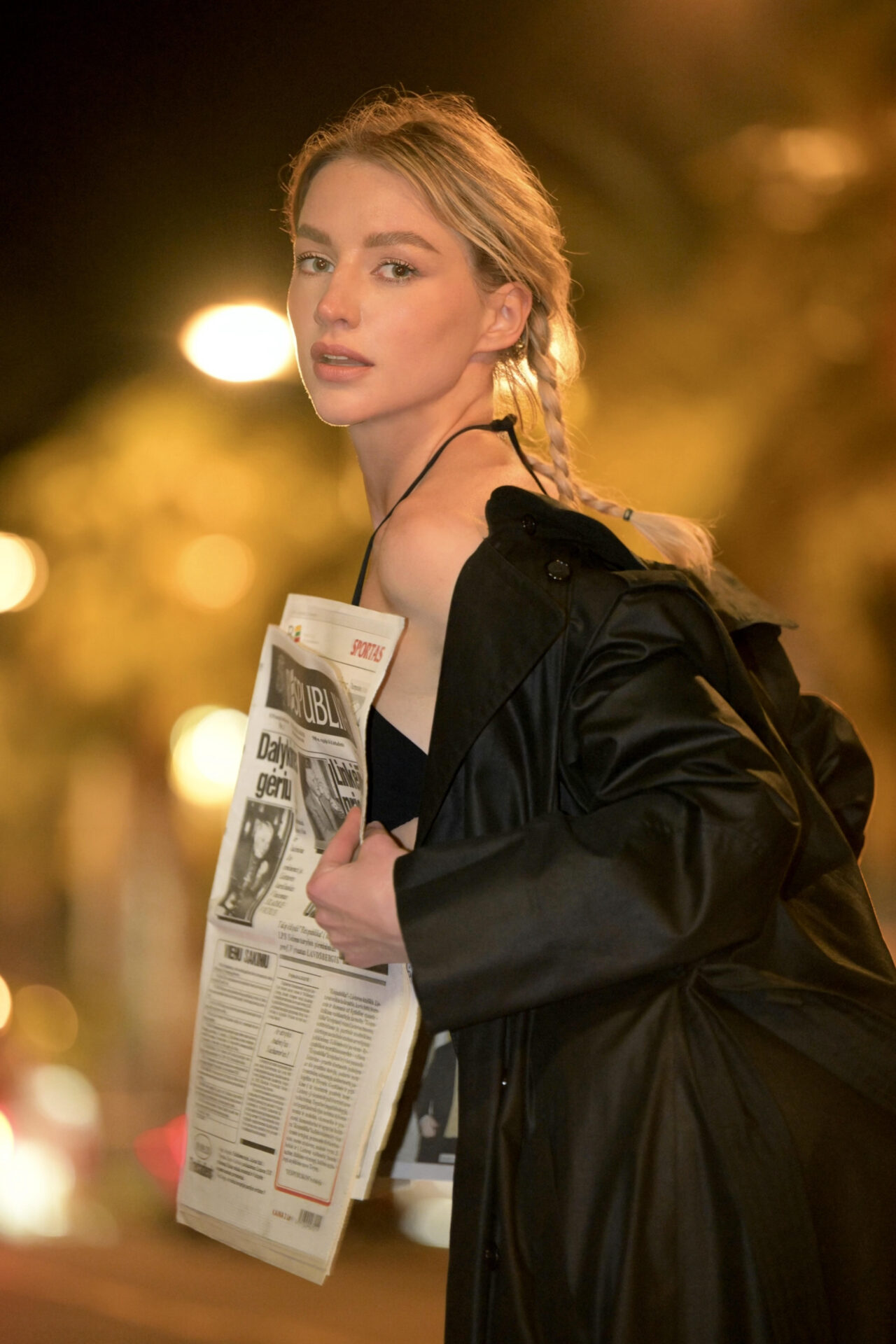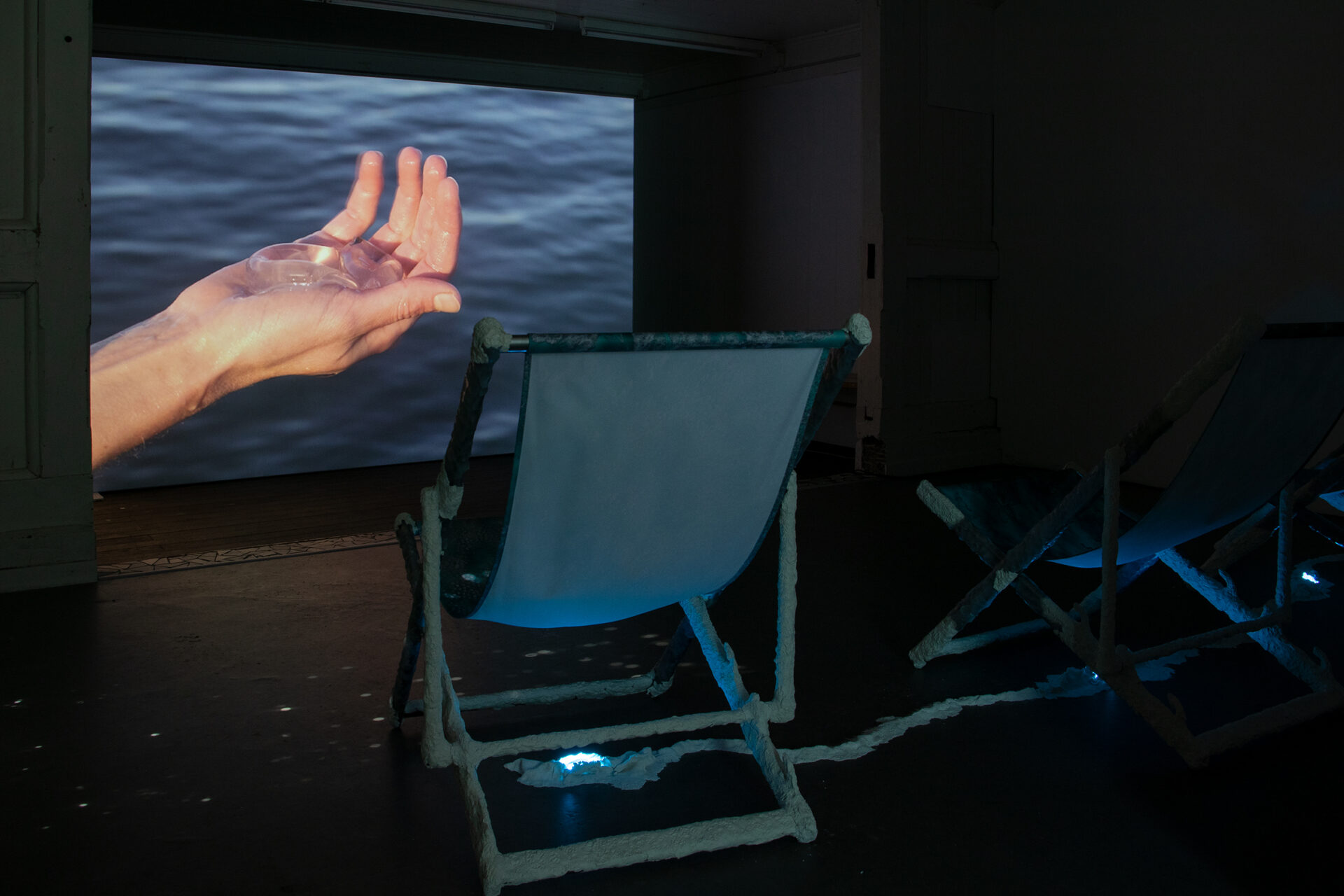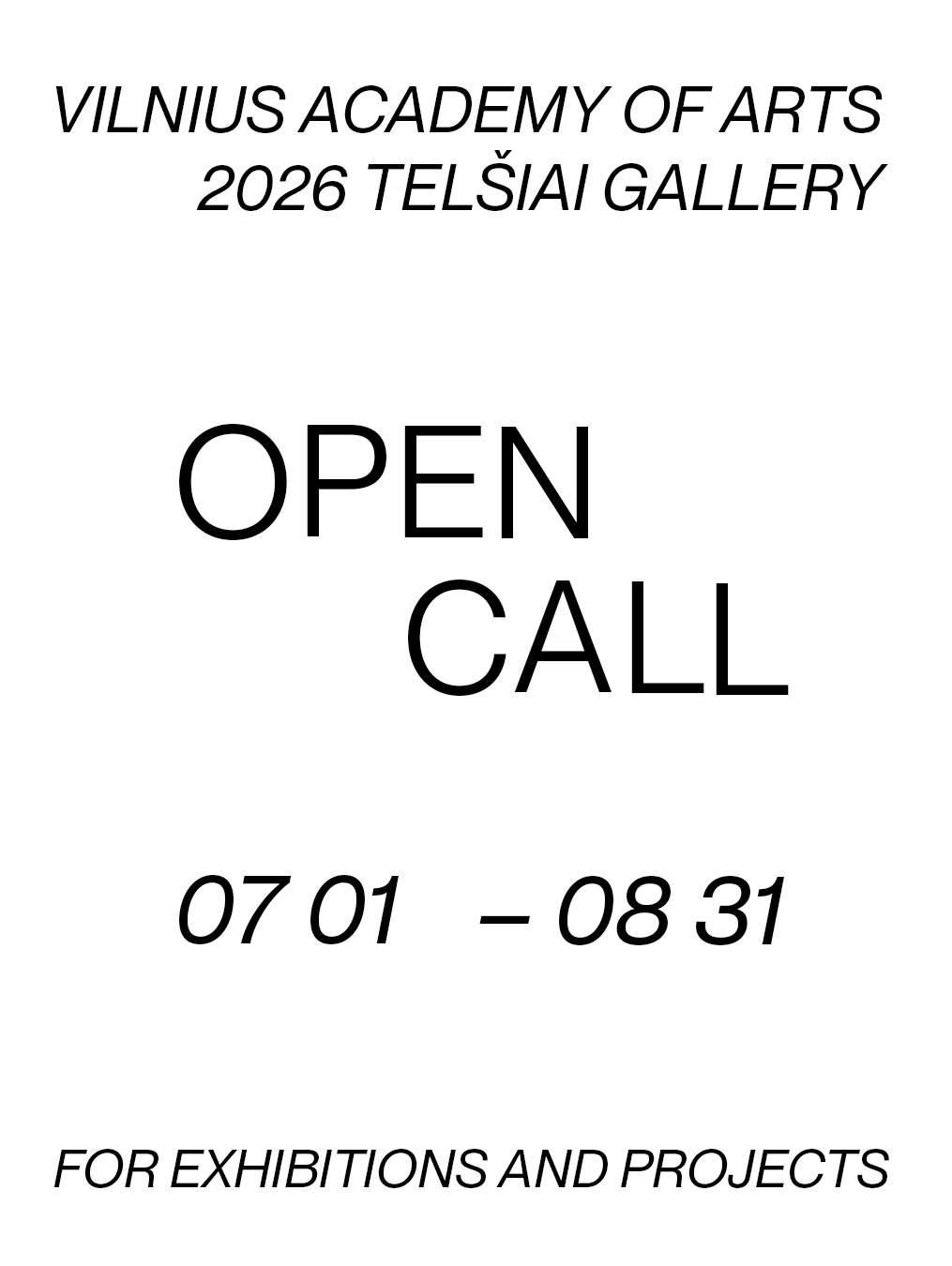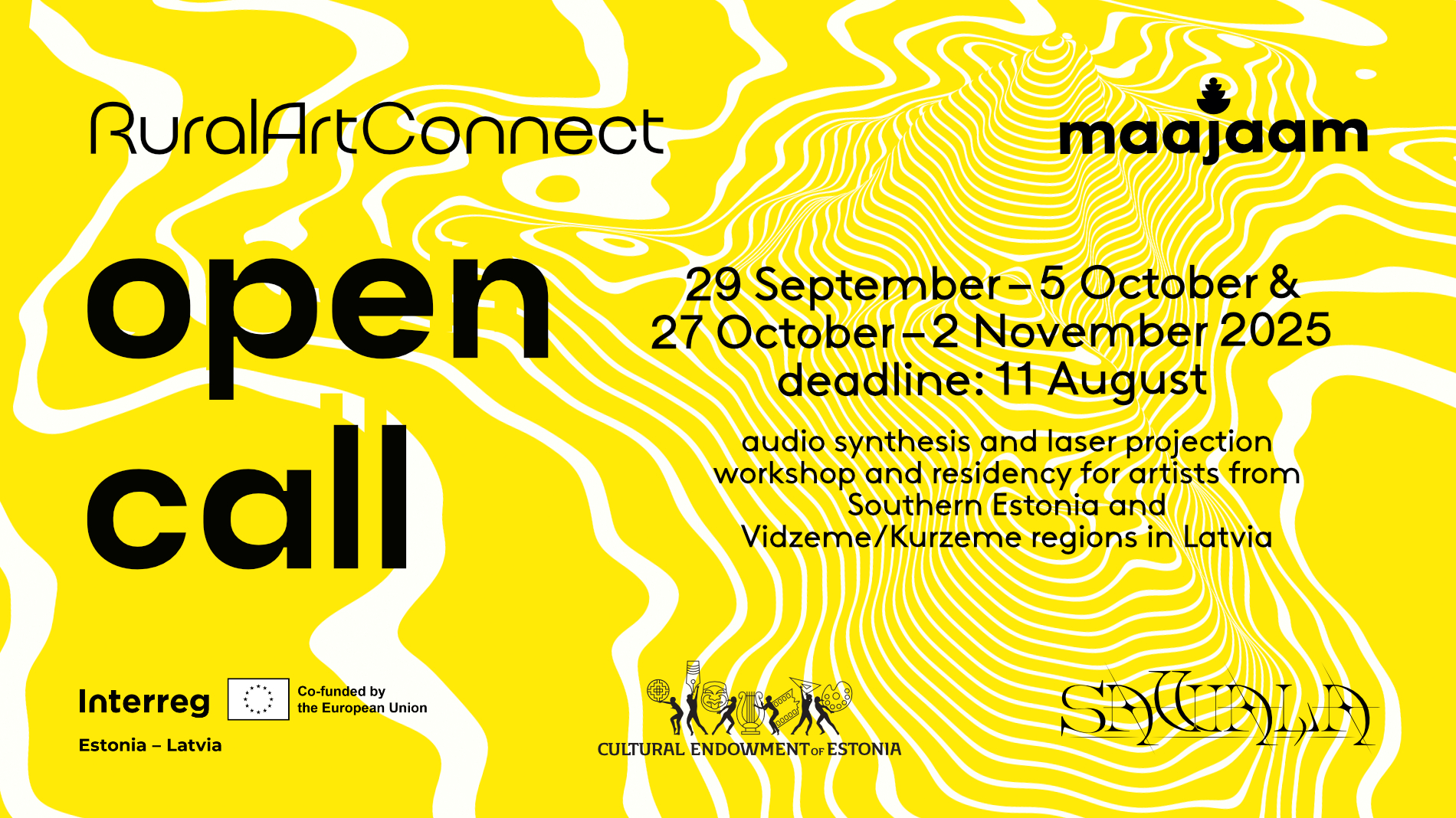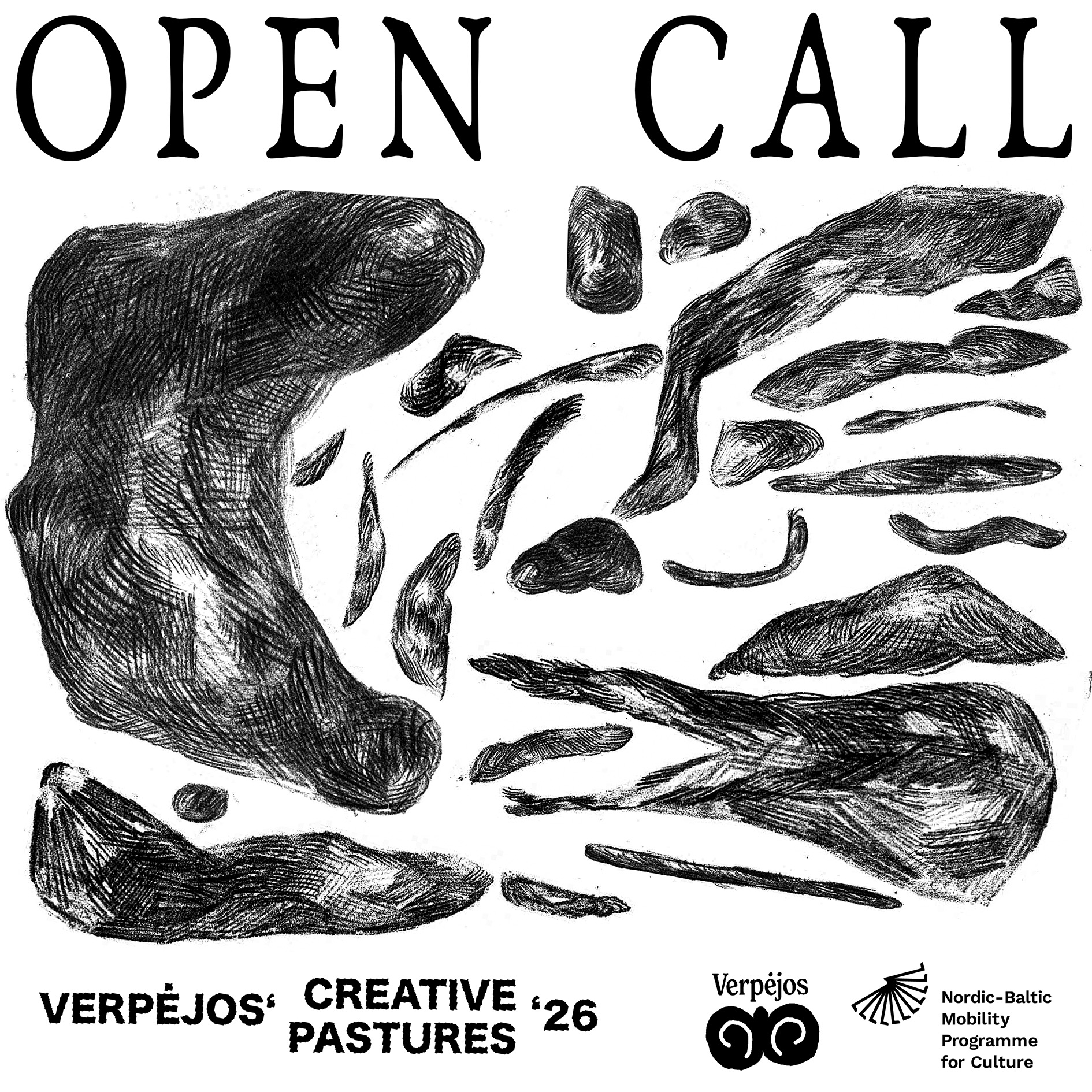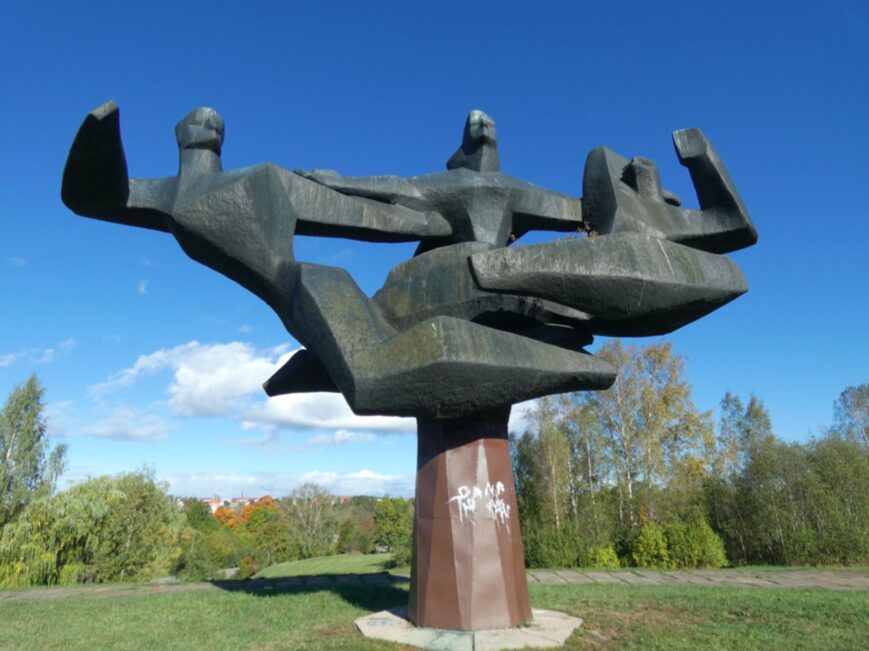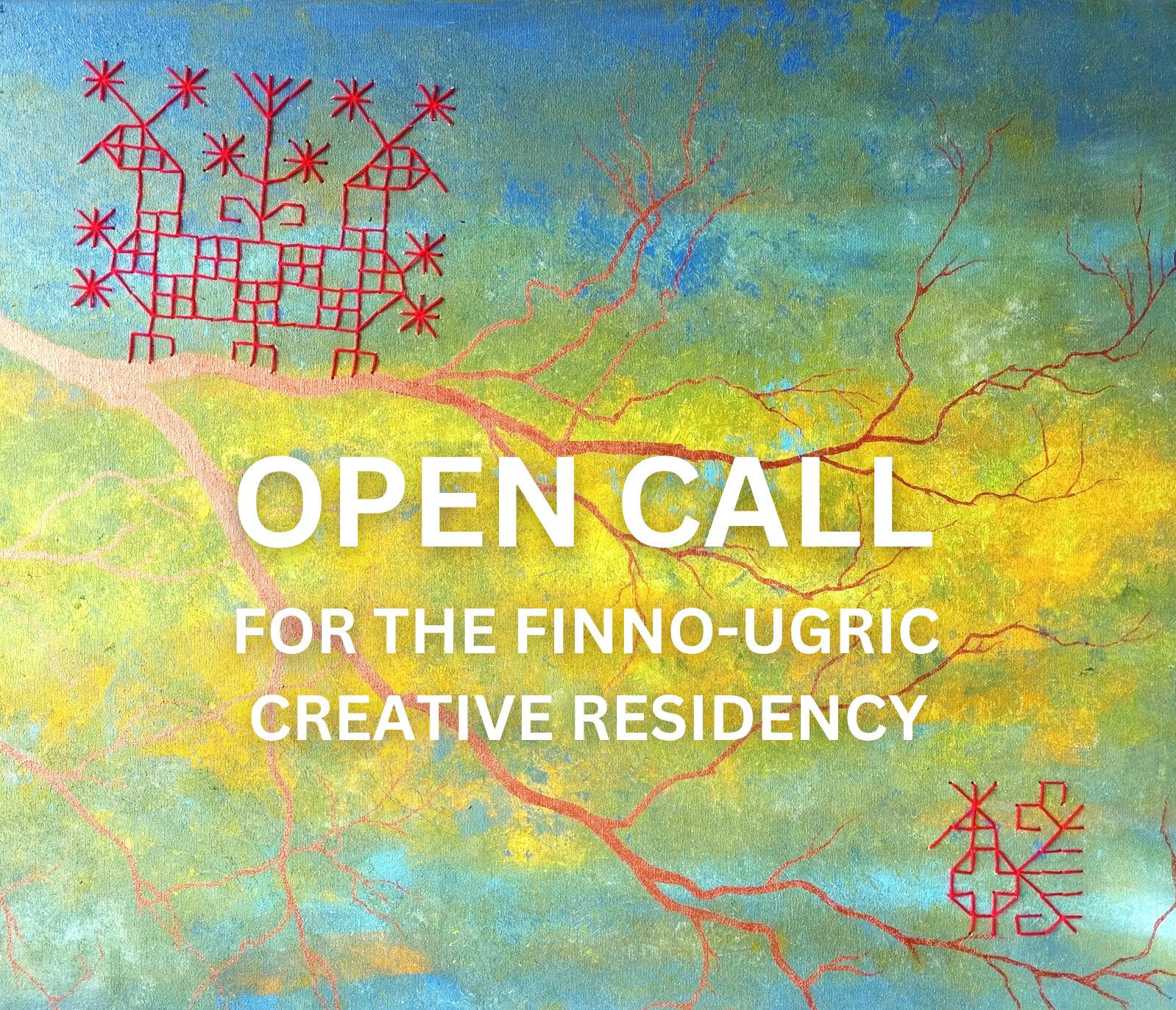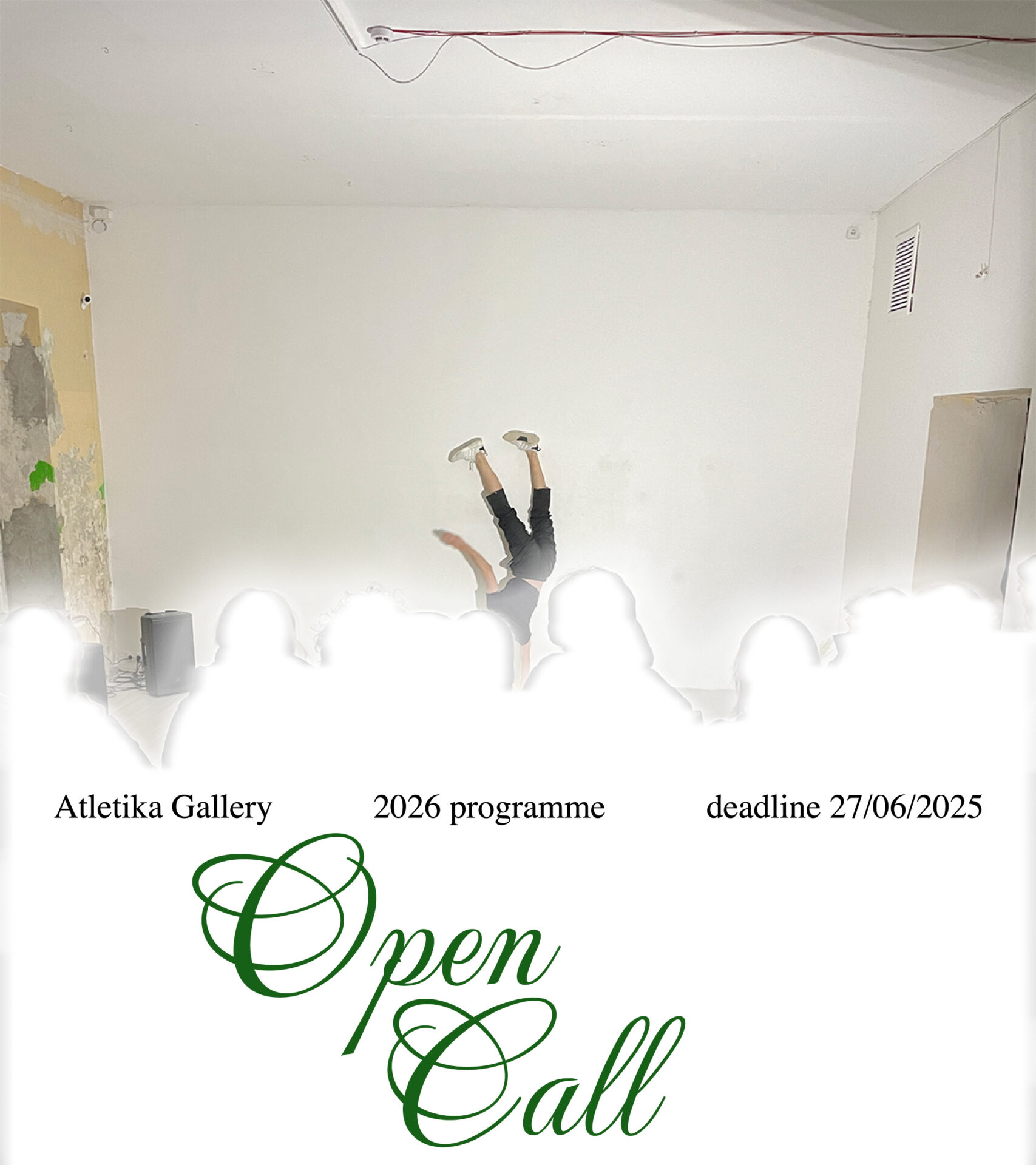From September 3 till October 3, the Latvian Museum of Photography hosts the Riga Photography Biennial – NEXT 2021 exhibition ‘Digital Dark Age’, which will combine the solo exhibitions of two artists – Aap Tepper’s (EE) exhibition ‘Shadow of Materiality’ and Kristīne Krauze-Slucka’s (LV) exhibition ‘Obedient Touch’. In this exhibition, the artists focus on the process that explores how the advent of digital technologies in society has ushered in a new phase of temporality with speed, mobility and globalism as its hallmarks. Exhibition curator – Anete Skuja.
The exhibition ‘Digital Dark Age’ examines how the development and dominance of digital technologies lays the foundations for a new culture of intangible memories, under the influence of which the photographic image has seemingly lost its material substance and become a body of information for a potential image.
Although the digital environment opens new possibilities for the speed, mobility and accessibility of information, it does not provide a finite guarantee for the preservation of collective memory. As the ways we produce and store information evolve, there is a risk of entering a ‘Digital Dark Age’, a period of historical information shortages caused by outdated file formats, software, and hardware that over time becomes corrupt, inaccessible or full of memory failures. Experts have called the 21st century a “black hole of information”, because the digital information created today may not be readable in the future, and there is a serious risk that the entire digital history of this century may become illegible and irrecoverable.
Aap Tepper’s solo exhibition ‘Shadow of Materiality’ will survey the process of digitisation through the prism of traditional representation, analysing the ability of a digitised image to preserve an object and the impact of this process on the visual culture. Aap Tepper’s solo exhibition will be complemented by a newly created series ‘Images of Other Images’, which explores the automatic alterations of artificial intelligence. Kristīne Krauze-Slucka’s exhibition ‘Obedient Touch’ looks at the fundamental importance of human touch in the digital age whereby devices are subjected to the control of human finger.
As part of the exhibition, a live conversation with the exhibiting artists will take place on September 17 at 6:00 pm (on Riga Photography Biennial and Latvian Museum of Photography Facebook platforms) to contemplate the impact of the digital environment on the materiality of photographic image, i.e. digital manipulations, information gaps and automatic alterations of artificial intelligence, within the context of the works of art on display. The exhibiting artists – Kristīne Krauze-Slucka and Aap Tepper – will present their creative practice, which actualises the interaction between the digital and analogue resources, while the curator of the exhibition, Anete Skuja, will introduce the concept of the exhibition, touching on the modifications in the materiality of photographic image in the context of the dominance of digital technologies and the transformation of photographic medium.
Kristīne Krauze-Slucka (1979) is a visual artist based in Riga, Latvia. She observes and studies the topic of changes in the relationship between man and nature, employing a mixture of analog and digital media in her artistic practice, paying attention to the processes of adaptation and hybridization, often focusing on the material aspects of the chosen media. She has graduated from the ISSP School’s two-year contemporary photography education programme and obtained a Master’s degree from the Visual Communication Department of the Art Academy of Latvia (2020). She also received a scholarship from the Foundation of the painter Valdemars Tone (2020) and the Nordic and Baltic Young Artist Award 2020. She has received the Riga Photography Biennale – NEXT 2021 award, earning an opportunity to publish a book in collaboration with NoRoutine Books. The artist has participated in exhibitions since 2017.
Aap Tepper (1991) is a visual artist based in Tallinn, Estonia. He is interested in subjectivity within visual culture and uses his own photography as well as images from social media as subject matter for his research. His works usually deal with memory and its relations to space and photographic representation in the age of digital culture. He mostly works with site-specific installations, often using photography as his favoured medium. Aap received a Master’s and Bachelor’s degree from the Estonian Academy of Arts (Fine Arts, Photography).
Anete Skuja (1991) is an art historian, photographer and freelance curator mostly working with photography. She is a graduate herself and has been the guest curator of the ISSP School’s programme in contemporary photography. She obtained her Master’s degree from the Art History department of the Art Academy of Latvia, specializing in curatorial studies, researching the notion and use of the archive in the contemporary art of the Baltic region.
The Riga Photography Biennial – NEXT is an international contemporary art event focusing on the analysis of visual culture and artistic representation. NEXT focuses on young and promising artists from the Baltics, Nordic countries and Europe who are still in the early stages of their careers. By introducing young and promising artists and curators, the NEXT programme offers visibility and provides a platform for artists and curators to announce themselves to a wider context.
NEXT 2021 exhibition’s ‘Digital Dark Age’ and educational programme ‘Visions of the Age’ friends and partners: Target programme ‘KultūrELPA’, State Culture Capital Foundation, Ministry of Culture of the Republic of Latvia, Riga City Council, Latvian Museum of Photography, Printing house ‘ADverts’, Hibnerstudio, Arterritory, Satori, LSM, Punctum, Latvijas Radio, Radio NABA
Riga Photography Biennial – NEXT 2021 programme: www.rpbiennial.com

View from the exhibition “Digital Dark Age”. Riga Photography Biennial – NEXT 2021. Latvian Museum of Photography. Photo: Madara Gritāne

View from the exhibition “Digital Dark Age”. Riga Photography Biennial – NEXT 2021. Latvian Museum of Photography. Photo: Madara Gritāne
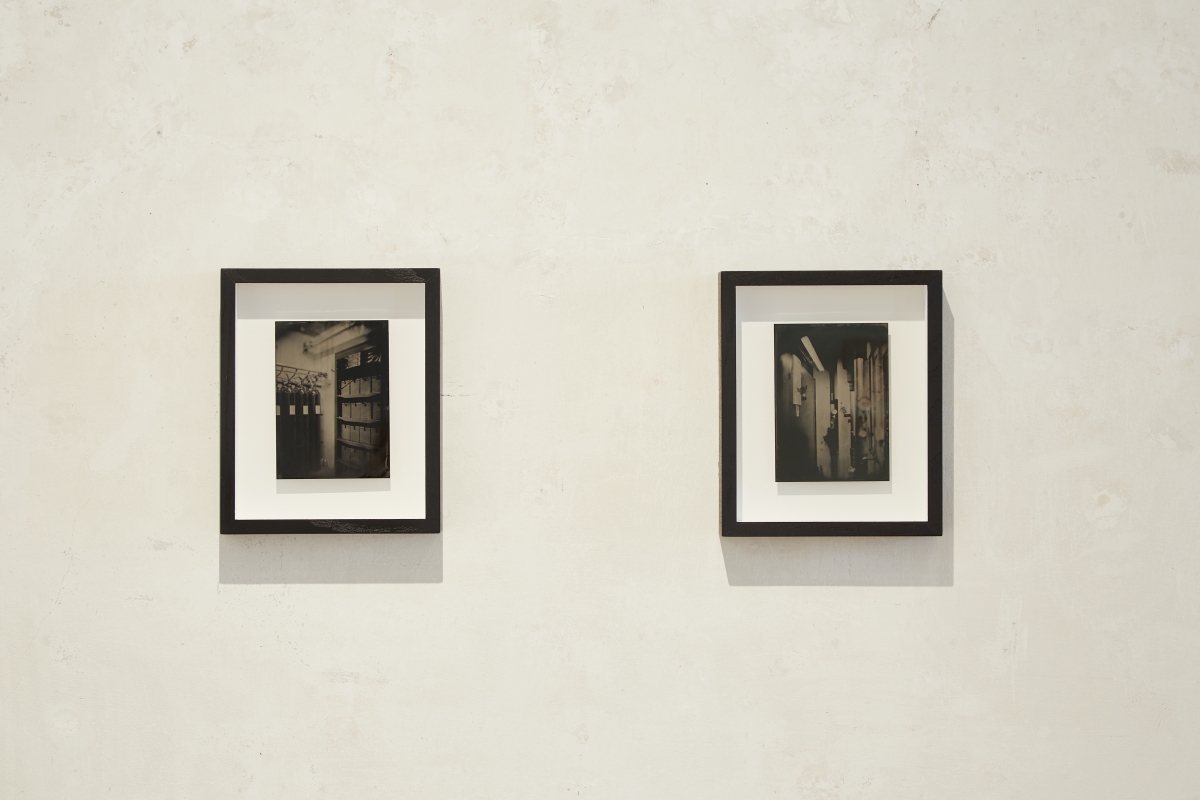
View from the exhibition “Digital Dark Age”. Riga Photography Biennial – NEXT 2021. Latvian Museum of Photography. Photo: Madara Gritāne

View from the exhibition “Digital Dark Age”. Aap Tepper’s (EE) exposition ‘Shadow of Materiality’. Riga Photography Biennial – NEXT 2021. Latvian Museum of Photography. Photo: Madara Gritāne

View from the exhibition “Digital Dark Age”. Aap Tepper’s (EE) exposition ‘Shadow of Materiality’. Riga Photography Biennial – NEXT 2021. Latvian Museum of Photography. Photo: Madara Gritāne

View from the exhibition “Digital Dark Age”. Riga Photography Biennial – NEXT 2021. Latvian Museum of Photography. Photo: Madara Gritāne

View from the exhibition “Digital Dark Age”. Riga Photography Biennial – NEXT 2021. Latvian Museum of Photography. Photo: Madara Gritāne
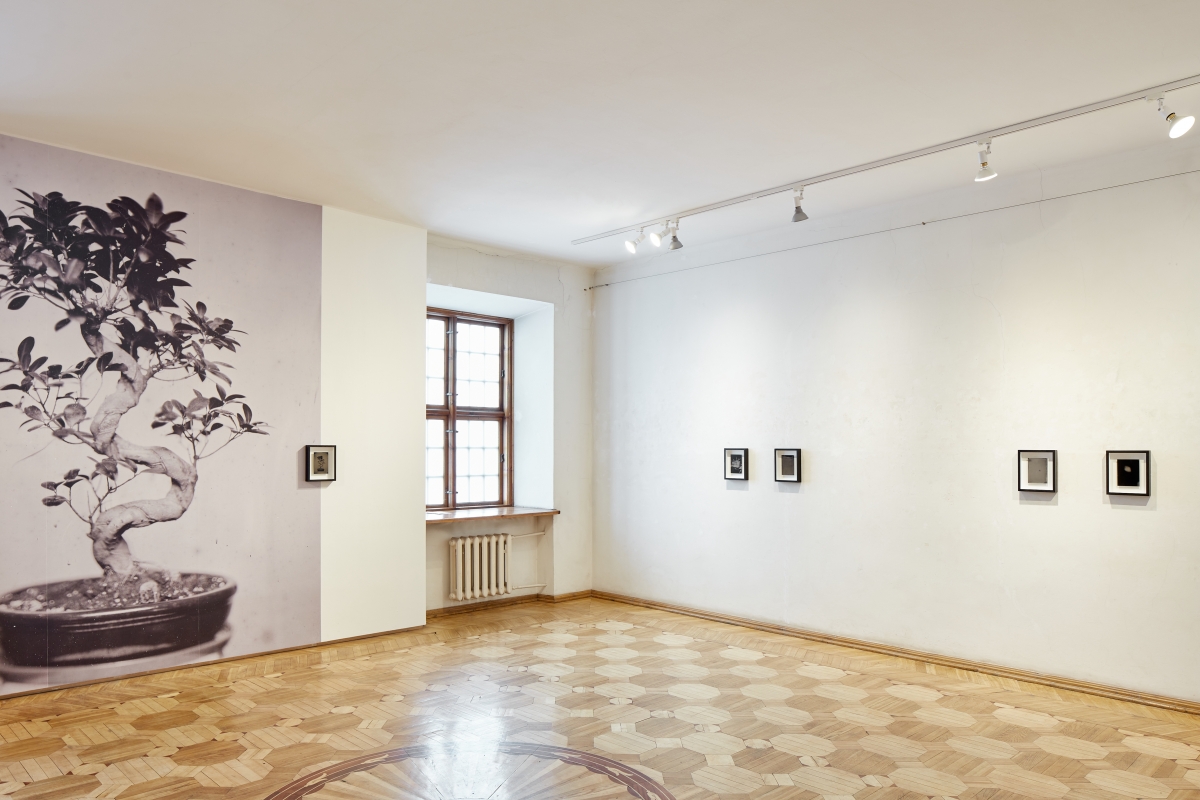
View from the exhibition “Digital Dark Age”. Riga Photography Biennial – NEXT 2021. Latvian Museum of Photography. Photo: Madara Gritāne

View from the exhibition “Digital Dark Age”. Riga Photography Biennial – NEXT 2021. Latvian Museum of Photography. Photo: Madara Gritāne
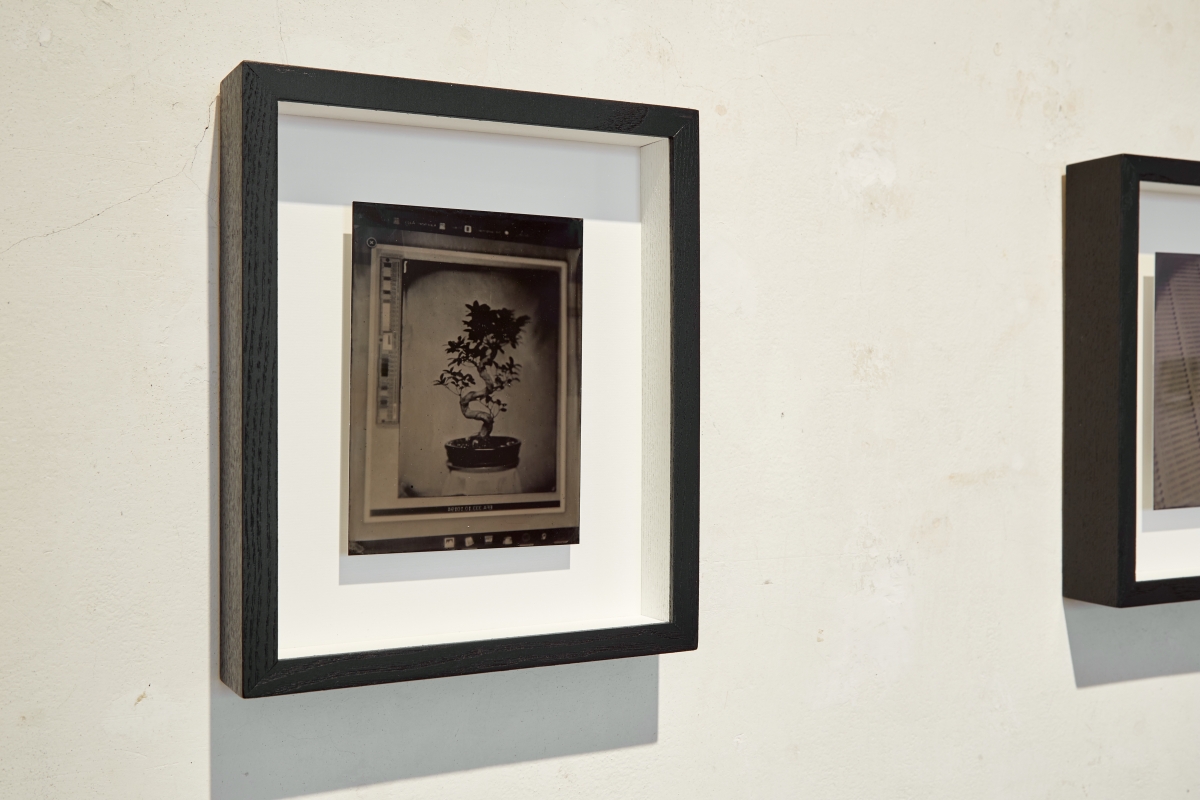
View from the exhibition “Digital Dark Age”. Riga Photography Biennial – NEXT 2021. Latvian Museum of Photography. Photo: Madara Gritāne
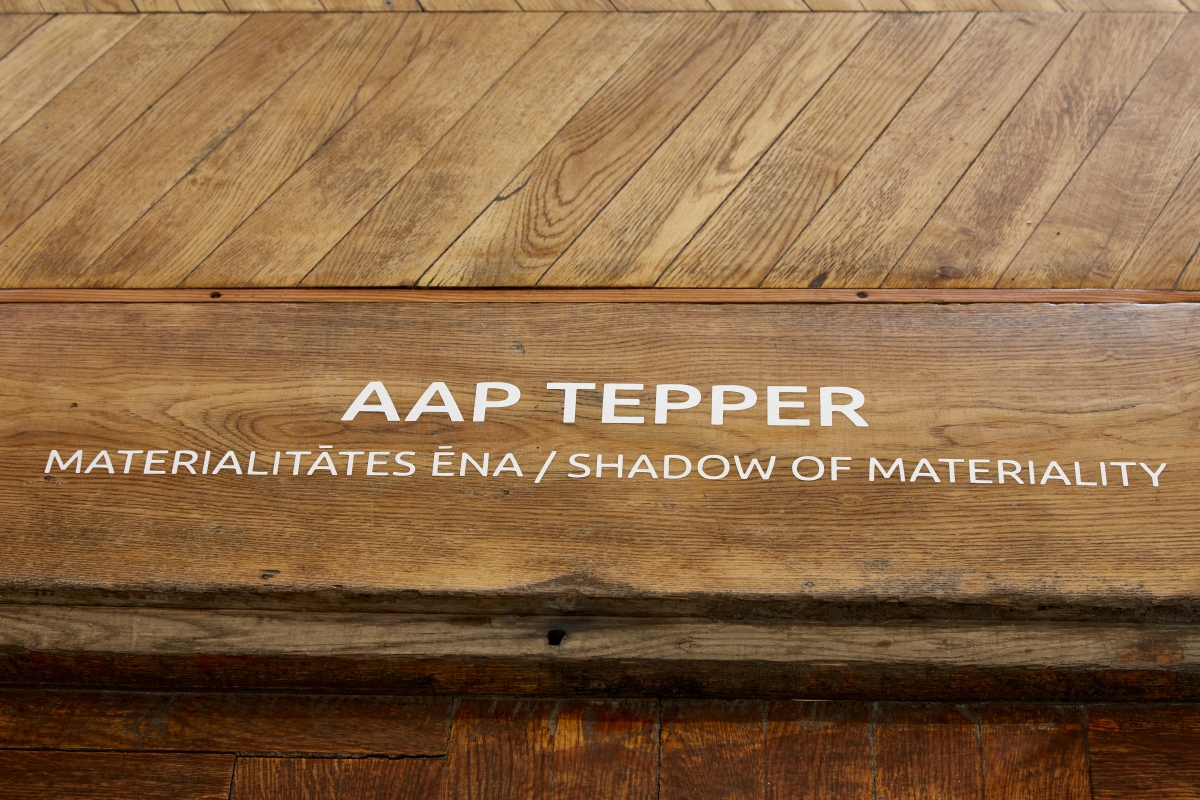
View from the exhibition “Digital Dark Age”. Riga Photography Biennial – NEXT 2021. Latvian Museum of Photography. Photo: Madara Gritāne

View from the exhibition “Digital Dark Age”. Riga Photography Biennial – NEXT 2021. Latvian Museum of Photography. Photo: Madara Gritāne

View from the exhibition “Digital Dark Age”. Riga Photography Biennial – NEXT 2021. Latvian Museum of Photography. Photo: Madara Gritāne
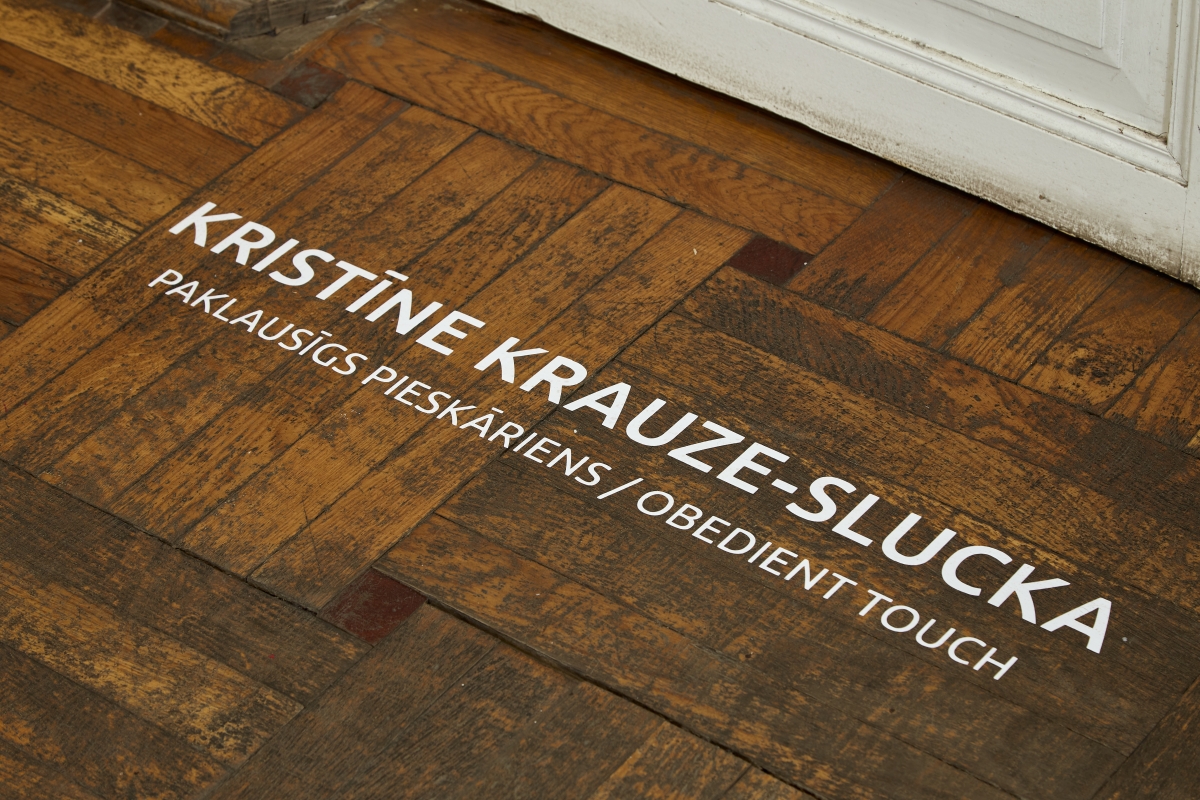
View from the exhibition “Digital Dark Age”. Riga Photography Biennial – NEXT 2021. Latvian Museum of Photography. Photo: Madara Gritāne

View from the exhibition “Digital Dark Age”. Riga Photography Biennial – NEXT 2021. Latvian Museum of Photography. Photo: Madara Gritāne

View from the exhibition “Digital Dark Age”. Kristīne Krauze-Slucka’s (LV) exposition ‘Obedient Touch’. Riga Photography Biennial – NEXT 2021. Latvian Museum of Photography. Photo: Madara Gritāne
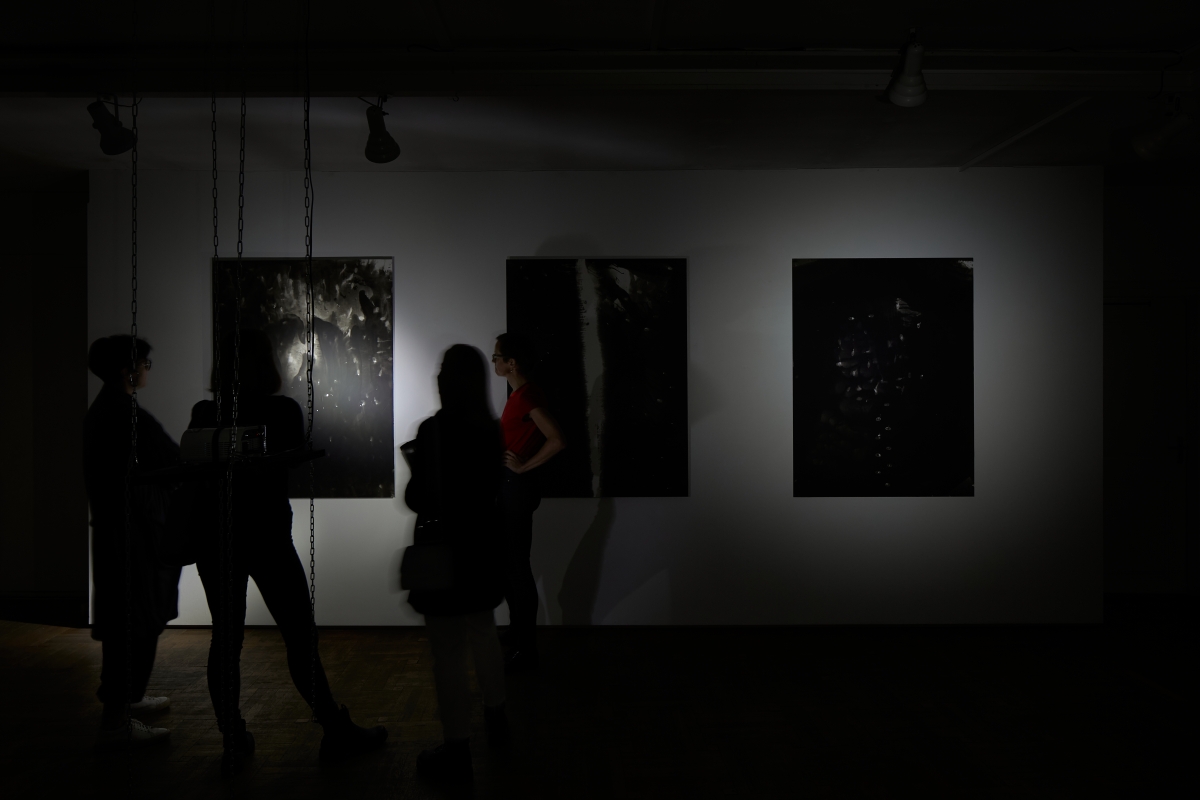
View from the exhibition “Digital Dark Age”. Kristīne Krauze-Slucka’s (LV) exposition ‘Obedient Touch’. Riga Photography Biennial – NEXT 2021. Latvian Museum of Photography. Photo: Madara Gritāne

View from the exhibition “Digital Dark Age”. Riga Photography Biennial – NEXT 2021. Latvian Museum of Photography. Photo: Madara Gritāne

View from the exhibition “Digital Dark Age”. Riga Photography Biennial – NEXT 2021. Latvian Museum of Photography. Photo: Madara Gritāne

View from the exhibition “Digital Dark Age”. Kristīne Krauze-Slucka’s (LV) exposition ‘Obedient Touch’. Riga Photography Biennial – NEXT 2021. Latvian Museum of Photography. Photo: Madara Gritāne

View from the exhibition “Digital Dark Age”. Riga Photography Biennial – NEXT 2021. Latvian Museum of Photography. Photo: Madara Gritāne

View from the exhibition “Digital Dark Age”. Riga Photography Biennial – NEXT 2021. Latvian Museum of Photography. Photo: Madara Gritāne

View from the exhibition “Digital Dark Age”. Riga Photography Biennial – NEXT 2021. Latvian Museum of Photography. Photo: Madara Gritāne

